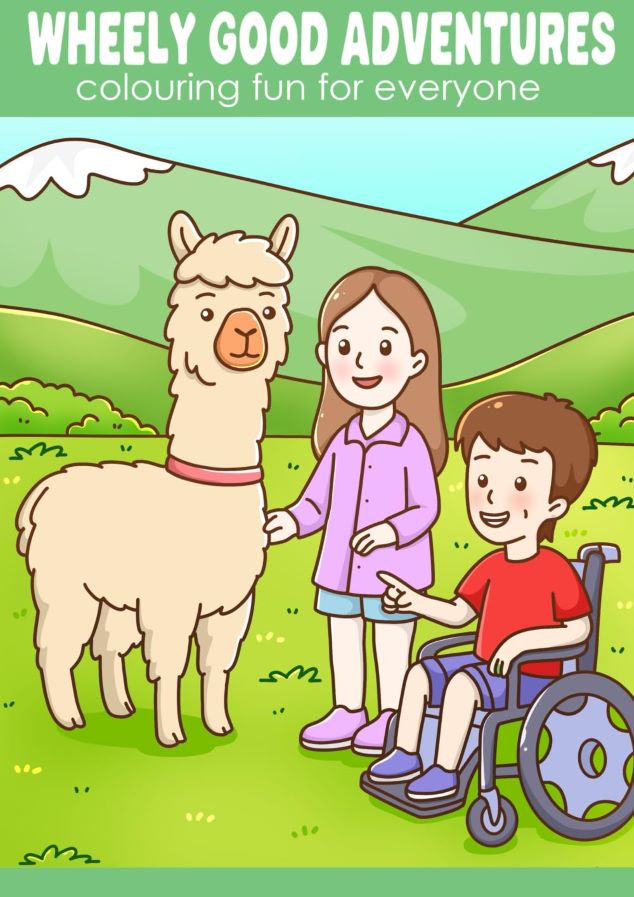Online dating has become the norm so much so, that it's almost unusual to know couples who first met in real life. While 'dating app' culture has become a niche market, dating with a disability is still tricky terrain for most who experience it, with the debate of 'disclosure' always lingering in the background.
One of my close friends has cerebral palsy. When she first began online dating in her early 20s, she was uncertain of the etiquette around disclosing her disability to a new guy. Her well-intentioned, non-disabled friends advised her not to, and as a result, after meeting the guy at a small restaurant, she spent the remainder of the evening too terrified to get up from the booth because she felt so self-conscious.
I've had conversations with disabled friends, and there are mixed feelings on this issue; some feel it shouldn't be relevant. Considering a typical dating profile has some quick stats around this like height, eye colour and religion – even astrology signs, disclosing your disability seems like fair game.
Strategies for Disclosure
Over the years, I've taken different approaches to tackle this obstacle, and I've personally found blatant honesty to be the best tactic. Something as simple as a short sentence in your bio, like "Hey, I've got a mild disability – if this isn't a deal-breaker, keep reading" or, "If you want to know more, send me a message", is enough to break that ice and cut straight to creating deep connections.
It's been an effective strategy over the years, and it's served as proof that discussing your disability can be an easy, speedy conversation; it also allows you to see how many thoughtful and considerate suitors there out there.
Some other strategies have failed to be as effective. I went through a phase where I would first begin chatting to a guy and then segue to the topic of disability before our first meet-up.
My chosen intro to the subject was to ask a guy, "have you seen the show Breaking Bad?" and from there, make a sort of comparison to the main character's son, Walt Jnr. However, during one of these conversations, a guy said, "I probably wouldn't use that analogy; I thought you were going to tell me that you cooked meth or something!".
We both had a good laugh about it, but it was an invaluable lesson.
Safety Considerations
Despite the positive stories out there, there's still a deeply embedded fear within the disabled community that our "ailments" will be fetishized or that putting our conditions so openly – out there will leave us at a greater risk of being exploited for ulterior motives.
It's a sad and unfortunate fact that people with disabilities are at a higher risk for domestic violence and abuse. According to research by the Australian Institute of Health and Welfare, "Adults with a disability, especially those with severe or profound disability, are more likely than adults without disability to experience all types of violence."
Naturally, there's caution amongst us disabled folk to protect ourselves. It wrestles with the innate desire to participate in this new social custom on the same level as everyone else. There's also no perfect formula for what has become a new-age issue.
*Written by Natalie Corrigan, CPSN Communications and Membership Services Officer and author of CP Diaries*.

Do you have a question about our free membership services? [Click here](https://cpsn.org.au/how-we-can-help-you/looking-for-information-and-advice) to learn more on our CP Connect page, or get in touch with Natalie on 1300 277 600 or via email: [cpsn@cpsn.org.au](mailto:cpsn@cpsn.org.au)
CPSN


%20(4).avif)

